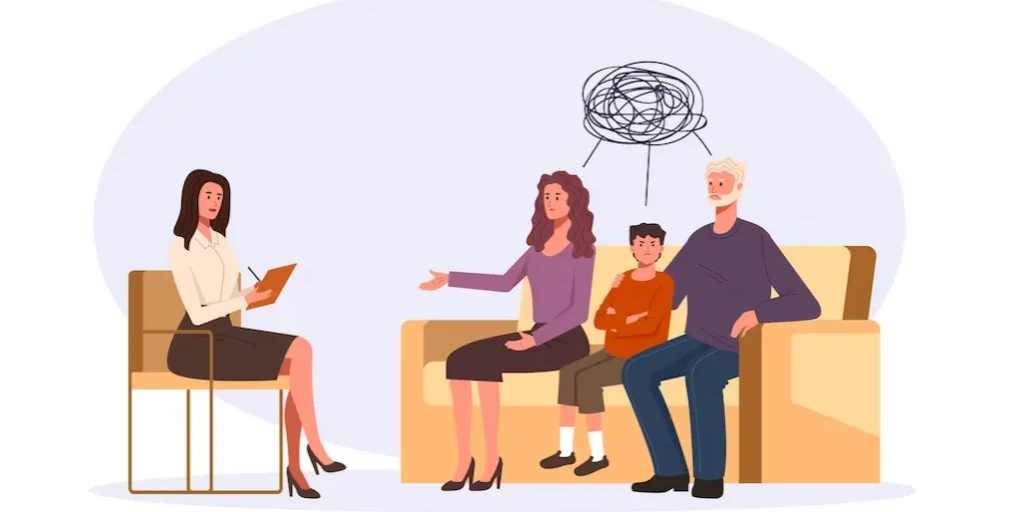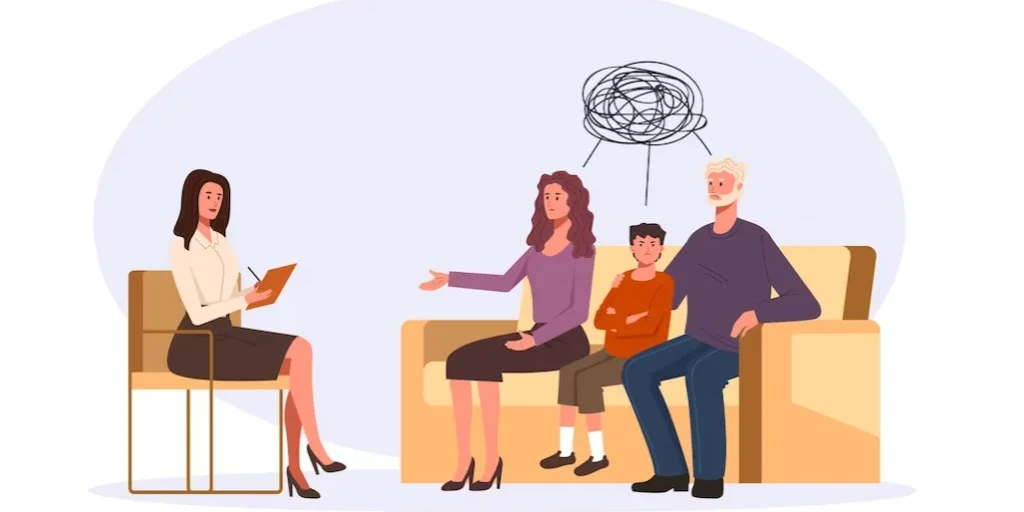24/7 Helpline:
(866) 899-221924/7 Helpline:
(866) 899-2219
Learn more about Residential Rehab centers in North Miami Beach
Residential Rehab in Other Cities

Other Insurance Options

Private insurance

Covered California

Evernorth

Anthem

Sutter

Premera

United Health Care

UnitedHealth Group

Medical Mutual of Ohio

PHCS Network

Carleon

BlueCross

American Behavioral

Ceridian

Amerigroup

State Farm

Group Health Incorporated

ComPsych

Aetna

Excellus

South Beach Detox
South Beach Detox is a drug and alcohol detox center that provides detoxification services alongside...

Douglas Gardens Mental Health Center
Douglas Gardens Mental Health Center - Northeast 125th Street offers outpatient treatment for indivi...

Golden Glades Treatment Center
The Golden Glades Treatment Center focuses on providing drug detox services for those seeking recove...























Golden Palms Residential Treatment
In Miami, Florida, the Golden Palms Residential Treatment (also called Douglas Gardens) center is a ...

Holistic Recovery Centers
Holistic Recovery Centers offers luxury inpatient/outpatient rehabilitation and treatment in Florida...

Transitions Recovery Program
Transitions Recovery Program offers individuals struggling with drug and alcohol addiction a safe re...

Rise Again Recovery and Wellness
Rise Again Recovery and Wellness is a private rehab located in North Miami Beach, Florida. Rise Agai...








